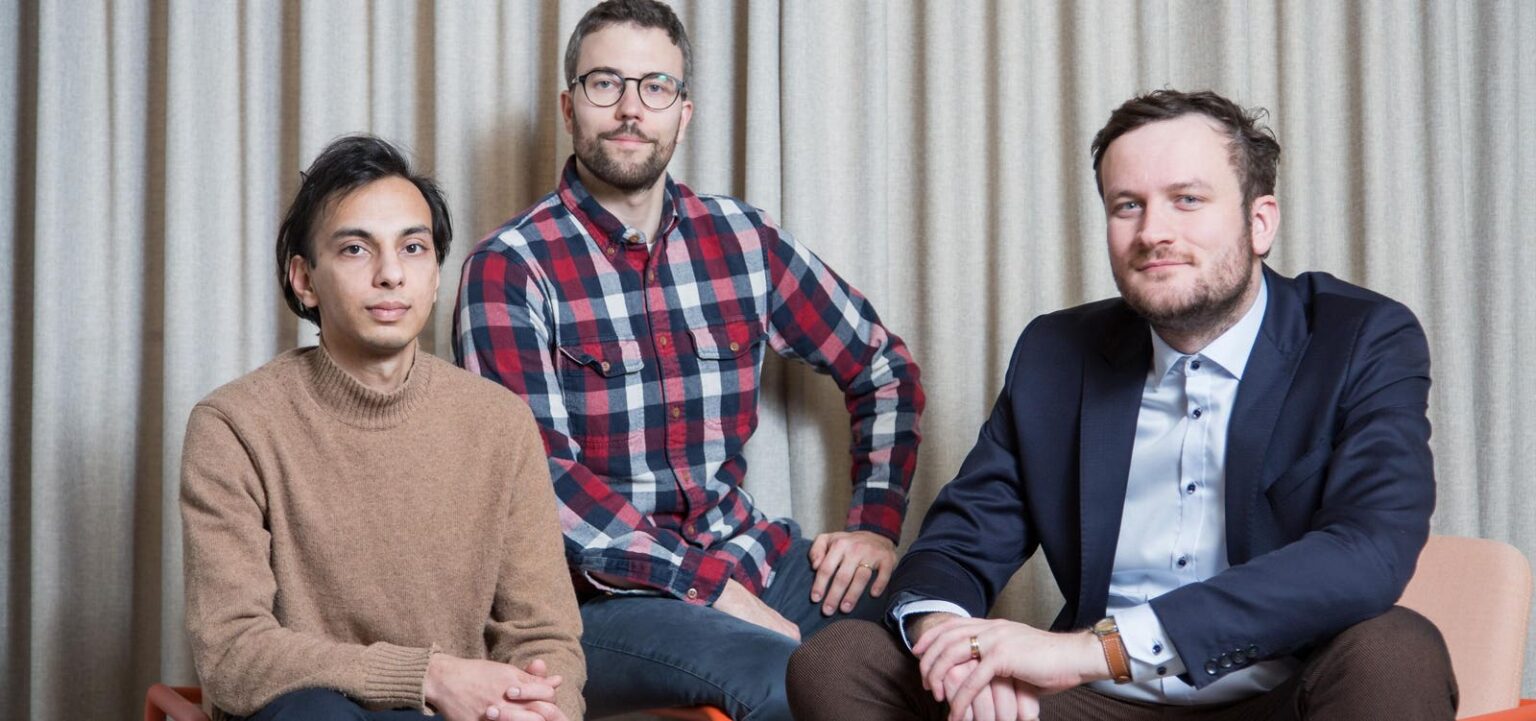Quantum computing remains a frontier science. The promise is that it could rise to technological challenges that are beyond classical computers – and create an industry that the consultant McKinsey says could be worth $1.3 trillion within 10 years. But the route to developing practical and commercially viable quantum computers is far from clear, with multiple competing technologies and a host of organisations, large and small, racing to develop their own solutions.
Pavel Hrmo, the CEO of Swiss start-up ZuriQ, says he isn’t arrogant enough to claim his company will win the race. But ZuriQ, which is today announcing it has raised $4.2 million of seed capital, is certainly turning heads. “As a founder in quantum computing, you have to accept this is a high-risk endeavour but we believe no-one in the world is better place to succeed in our field,” Hrmo says. “I wouldn’t be able to sleep at night if we didn’t try.”
The field in question is the development of quantum computers that rely on trapped ions – charged atomic particles held in place with electromagnetic fields that can function as qubits, the fundamental units of quantum information. Trapped ions are widely seen as having huge potential, already demonstrating impressive performance, but a major obstacle for developers is that the laws of physics make it very difficult to scale up the number of qubits through this approach. In turn, that makes it tough to build machines with sufficient computational power.
Enter ZuriQ, which Hrmo founded last year alongside Tobias Saegesser and Shreyans Jain in a spin-out from the Swiss university ETH Zurich. It has taken a new approach to trapping ions, creating two-dimensional grids of ions rather the conventional method of trying to make one-dimensional chains function more effectively. That could unlock efforts to scale up trapped ion architectures – and therefore to unlock the benefits of quantum computing.
Hrmo and his colleagues spent months double-checking their calculations and verifying their experimental parameters before publishing a paper in Nature on their theories last year. Since then, they’ve built a working example of their technology in the lab and are now working towards the development of a larger-scale prototype.
It’s a fascinating moment to announce such a breakthrough. Earlier this month, Jensen Huang, CEO of the technology giant Nvidia, poured cold water on forecasts for the quantum computing sector, warning that it could be 20 years before practical machines become widely available. That saw the value of many quantum computing companies fall sharply.
Hrmo, however, believes Huang is too gloomy. “If companies like ZuriQ can build successful iterations of the technology we’ve developed, there is the potential to accelerate that timeline,” he says. “We want to be commercially relevant within seven to 10 years.”
Hrmo’s vision for ZuriQ is to build the business into a company capable of serving the quantum computing market in the same way as Nvidia underpins so much of classical computing. “Our goal is to build the best possible hardware we can,” he says. “You’re never quite sure when the tipping point will come, but we think others in the industry will find our solutions are perfectly aligned to their use cases.”
Today’s funding round is led by Founderful, with participation from SquareOne, First Momentum Ventures, OnSight Ventures and QAI Ventures. Founderful partner Pascal Mathis believes ZuriQ’s track record suggests it can deliver on Hrmo’s ambition. “We have been highly impressed by the speed of execution of ZuriQ’s founding team and the pace of progress towards technical milestones that have been elusive in the community so far,” he says.
Today’s $4.2 million raise should be sufficient to ensure the company can demonstrate a working prototype in 2026, Hrmo believes. If ZuriQ lives up to its early promise, raising further funds at that stage should not prove difficult.
Read the full article here

